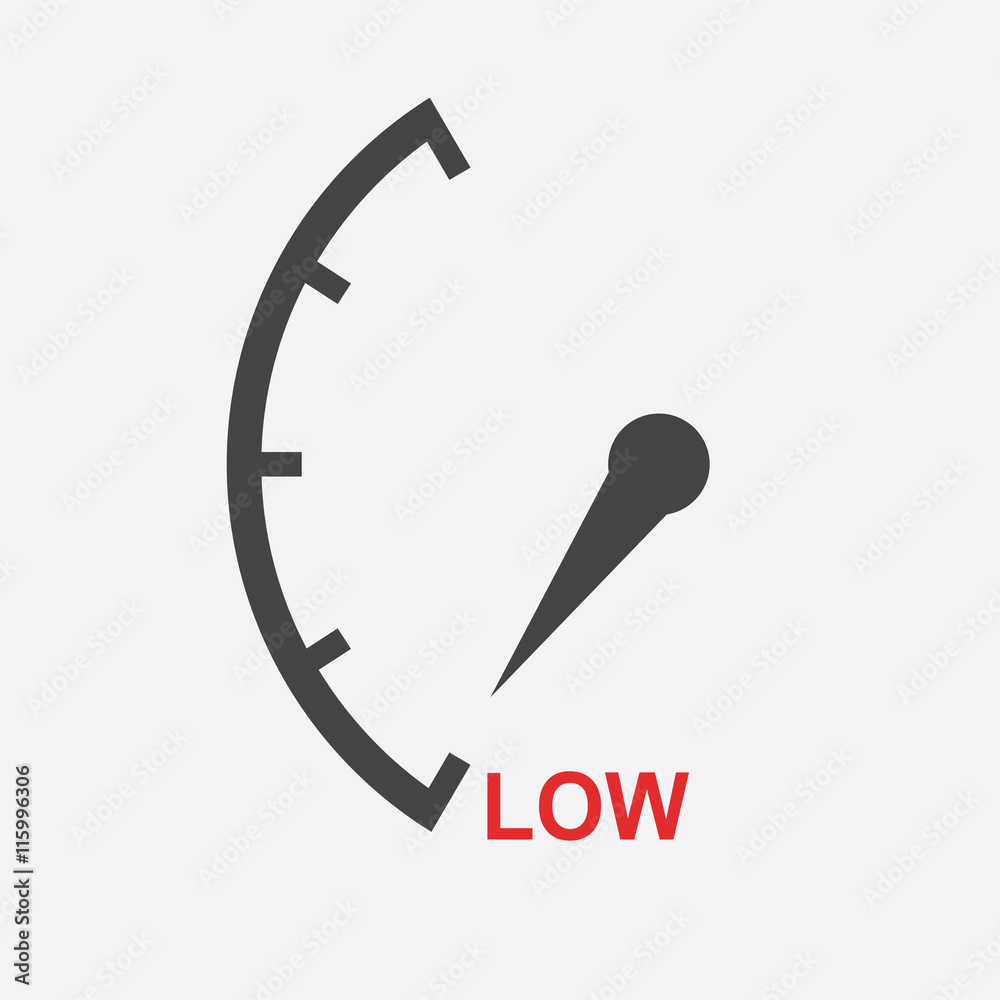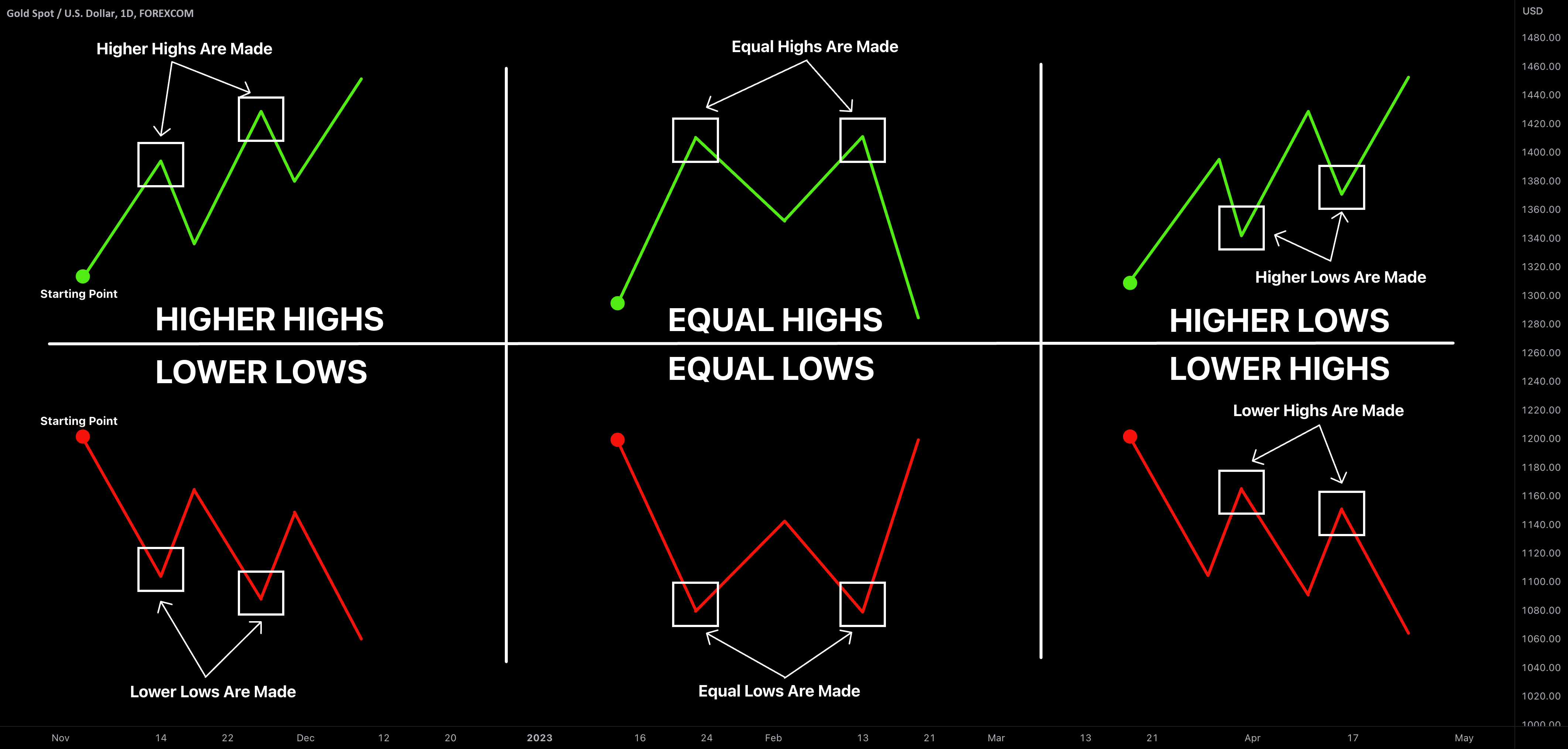Low Tier God - The Unfiltered Streamer Persona
For anyone who spends time watching online content, particularly in the fighting game community, a certain personality often pops up in discussions, debates, and sometimes, well, outright rants. We're talking about a streamer, a content creator, someone who has truly carved out a unique space for themselves, often through a blend of skill, showmanship, and a distinctive approach to interaction. This figure, known as Low Tier God, has generated quite a buzz, attracting a loyal following and, equally, a fair share of strong reactions.
His presence on platforms like YouTube and Twitch, where you can find the best posts and communities about Low Tier God, has made him a fixture for many. He's known for a style that some might call unpolished, a bit raw, perhaps even a little bit over the top, which really sets him apart from others. It's that sort of distinctiveness, that willingness to be just a little bit different, that has captured the attention of so many viewers who are looking for something outside the usual fare.
What makes a personality like Low Tier God stand out, you know, in a world full of streamers? It seems to come down to a certain kind of honesty, or at least a very convincing performance of it. He presents himself as someone who is not afraid to show his true feelings, even if those feelings are, shall we say, rather intense. This approach, which can be quite polarizing, has certainly helped him gather a significant audience, some of whom appreciate the candidness, while others are more drawn to the spectacle of it all.
Table of Contents
- Who Is Low Tier God - The Persona Unveiled?
- Personal Details of the Low Tier God Persona
- What Makes the Low Tier God Persona So Compelling?
- The Low Tier God Approach to Streaming and Content
- How Does Low Tier God Manage Community Reactions?
- The Intentional Drama of Low Tier God
- The Business Side of Low Tier God - Profiting from Salt and Rage
- What Is the Lasting Impact of Low Tier God?
Who Is Low Tier God - The Persona Unveiled?
So, who exactly is Low Tier God, at least in the public eye? He is, in essence, a fighting game player and also a streamer, someone who broadcasts his gameplay and reactions for an audience. He's recognized for getting incredibly upset when things don't go his way during a match, a trait that has become, in a way, a hallmark of his online presence. This isn't just a casual annoyance; it's a profound display of frustration that, quite frankly, can be quite something to watch. The intensity of his reactions, you know, truly sets him apart from many others in the streaming community who might try to maintain a more composed demeanor.
His style of engagement, too, is pretty direct. He has a habit of removing people from his chat who express a differing opinion, which is a rather strict way of managing his online space. This isn't just about disagreeing; it's about any sort of challenge to his perspective, which, honestly, can lead to some pretty one-sided conversations in his chat. He's been known to declare that he lost fairly, even when his reactions suggest a deep level of agitation, which, in some respects, adds another layer to the character he presents. It's almost as if there's a contradiction between his words and his very visible emotional state, creating a peculiar dynamic for viewers.
Many people, when they talk about Low Tier God, often describe him as a YouTuber and a streamer, someone who crafts amusing videos and, quite clearly, understands how to attract viewership. He possesses a very distinct quality that allows him to draw in a crowd, and this uniqueness, you know, seems to be a big part of his appeal. He has a knack for making people, particularly those he might label as "fat obese losers," rather upset because of his actions or words. This capacity to provoke strong emotional responses in others is, apparently, a key component of his content, something he seems to lean into quite a bit.
Personal Details of the Low Tier God Persona
When we talk about Low Tier God, it's important to remember we're often discussing a public persona, a character he presents online. Details about the individual behind the screen are sometimes obscured by the very nature of this persona. However, based on what's available and what's discussed within his community, we can sketch out some aspects of this online identity. It's less about a traditional biography and more about the traits and behaviors that define his digital footprint, which, in a way, form his public "bio."
He is, for instance, a figure who has a clear connection to fighting games, with Tekken, a 3D fighting game that first came out in 1994, being one of the titles he engages with, including its newest version, Tekken 8. His identity is strongly tied to these games and the competitive environment they create. The online conversations about him often touch upon his personality traits, his approach to streaming, and the impact he has on his audience. It's a very specific kind of presence, one that, honestly, leaves a lasting impression on those who encounter it.
Here's a quick look at some of the key "personal details" that shape the Low Tier God persona, drawn from the public discourse around him. This table, you know, gives a bit of a snapshot of how he's perceived and what defines his online identity. It's not a formal resume, but rather a collection of observations that paint a picture of this very unique streamer.
| Online Identity | Low Tier God (LTG) |
| Primary Activities | Fighting game player, streamer, YouTuber, content creator |
| Known For | Intense reactions to losing, banning chat members, controversial statements, unique entertainment style, provoking strong emotions |
| Content Focus | Fighting game gameplay (e.g., Street Fighter, Tekken), personal commentary, dramatic interactions |
| Public Persona Traits | "Character" (intentional drama), skilled player who sometimes loses on purpose, profits from viewer "salt and rage" |
| Community Perception | Polarizing figure; seen by some as authentic, by others as a "meta dick rider" or simply entertaining for the drama |
What Makes the Low Tier God Persona So Compelling?
What exactly is it about the Low Tier God persona that draws people in, that makes him so compelling to watch? It's a question many ask, and, you know, the answers are pretty varied. Part of it seems to be the sheer unpredictability of his reactions. When he gets incredibly mad at losing, it's not a quiet, internal frustration; it's a full-blown spectacle that can be both shocking and, for some viewers, strangely captivating. This raw display of emotion, which is, honestly, quite rare in the polished world of streaming, offers a different kind of entertainment.
Then there's the way he handles his chat, which is, basically, a very strict approach to moderation. The act of banning anyone who disagrees with him creates a very specific kind of echo chamber, yet it also solidifies his authority within his own space. This control, in a way, becomes part of the show, as viewers witness the immediate consequences of stepping out of line. It's almost like watching a performance where the rules are clear, and the enforcer is always present, which, in some respects, adds a layer of tension to the stream.
Furthermore, his claim of losing fairly, even when his anger is obvious, contributes to the intriguing contradiction that defines his persona. It's this blend of apparent self-awareness and overt emotional display that keeps people guessing. Is he truly upset, or is it all part of the act? This ambiguity, you know, is a powerful hook for viewers. It makes them feel like they're witnessing something real, even if there's an underlying layer of performance, which, in a way, is a very clever approach to content creation.
The Low Tier God Approach to Streaming and Content
The Low Tier God approach to streaming and content creation is, honestly, quite distinct. He's not just playing games; he's crafting an experience, one that is often driven by his own very strong personality. He knows how to make funny videos, and he has a clear understanding of what gets views, which is, in some respects, a true skill in the crowded online landscape. His content isn't about perfectly executed strategies or calm, collected commentary; it's about the raw, unfiltered moments that happen when competitive gaming meets a volatile temperament.
His uniqueness comes from his willingness to be, well, himself, or at least the exaggerated version of himself that he presents to the camera. This isn't about being universally liked; it's about being memorable, which, in a way, he absolutely achieves. He seems to relish in the idea of getting certain people, those he might call "fat obese losers," really upset, and this provocation is a consistent theme in his work. It's a method that, quite clearly, generates engagement, even if that engagement is often rooted in negative reactions.
It's also been suggested that Low Tier God is a character, and that the drama you see is entirely intentional. This idea, you know, shifts the perception of his content from genuine outbursts to a carefully constructed performance. If this is the case, then his angry reactions, his banning of chat members, and his controversial statements are all part of a larger script designed to entertain and provoke. This perspective suggests a deeper level of strategic thinking behind his seemingly spontaneous actions, which, in some respects, makes his content even more fascinating to analyze.
How Does Low Tier God Manage Community Reactions?
Managing community reactions is, in a way, a central part of the Low Tier God experience. He doesn't shy away from strong feelings; in fact, he seems to lean into them. When he gets incredibly mad after a loss, this isn't just a private moment; it's broadcast for everyone to see, and the reactions from his audience, you know, are immediate and varied. Some might find it off-putting, while others are drawn to the sheer spectacle of it all, creating a very active and often chaotic comment section or chat.
His method of dealing with dissent is, frankly, quite direct: he bans anyone in his chat who disagrees with him. This approach, while seemingly simple, has a profound effect on the community dynamic. It creates a space where only certain viewpoints are tolerated, which, in some respects, cultivates a very specific kind of follower. Those who remain are either in agreement or are simply there to observe the drama without participating, making for a rather unique online environment where free speech, at least in his chat, is pretty limited.
It's also worth considering how he frames his own losses, often stating that he lost fairly, even when his emotional state suggests otherwise. This contradiction, you know, can provoke further discussion and debate among viewers, adding to the overall engagement. The community reacts not just to his gameplay, but to his entire persona, including his self-contradictions and his confrontational style. It's a constant back-and-forth, a kind of push and pull that keeps people talking about Low Tier God, which, in a way, is exactly what a content creator wants.
The Intentional Drama of Low Tier God
The idea that Low Tier God is a character, and that the drama is intentional, is a pretty compelling thought for many who follow him. This perspective suggests that his fiery outbursts, his seemingly irrational decisions, and his controversial statements are not just spontaneous reactions, but rather carefully planned elements of his performance. It's almost like watching a play where the actor is fully committed to their role, which, in some respects, makes the whole experience much more interesting to dissect.
This theory also suggests that Low Tier God is actually much better at Street Fighter than he lets on. If he's losing on purpose, then his apparent lack of skill or his moments of frustration are merely part of the act, designed to elicit specific responses from his audience. It's a clever trick, if true, to manipulate expectations and create a more dramatic narrative around his gameplay. This kind of calculated underperformance, you know, would be a testament to his understanding of online entertainment and how to keep people hooked.
The very obvious nature of his supposed losses, and the subsequent rage, could be seen as a wink to his audience, a subtle hint that they are in on the joke. He profits on salt and rage, which means that the more upset he gets, and the more upset his viewers get, the more successful his content becomes. This feedback loop, where negative emotions translate into financial gain, is a fascinating model for online entertainment, and it's one that Low Tier God seems to have mastered, which, in a way, is a very shrewd business move.
The Business Side of Low Tier God - Profiting from Salt and Rage
Looking at the business side of Low Tier God, it becomes pretty clear that his unique brand of content is, in a way, a very effective model for online success. He seems to have figured out how to make money from the very strong emotions he provokes, specifically what's often called "salt and rage." This isn't just about getting views; it's about converting those intense reactions into tangible gains, which, honestly, is quite a feat in the competitive streaming world.
When he gets incredibly mad at losing, or when he bans people from his chat for disagreeing, these actions generate a huge amount of discussion and reaction. This discussion, you know, whether positive or negative, translates into engagement, and engagement is currency in the online content space. The more people talk about him, the more people share his clips, the more exposure he gets, which, in some respects, directly contributes to his profitability. It's a cycle where controversy feeds viewership, and viewership feeds income.
The idea that he loses on purpose, and that his drama is intentional, further supports the notion that this is a calculated business strategy. If his outbursts are part of a performance, then he's essentially creating compelling narratives that keep people coming back, eager to see what he'll do next. This method of entertainment, which relies heavily on strong emotional responses, allows him to stand out from other streamers who might focus solely on skill or positive interactions. It's a very specific niche, and Low Tier God has, apparently, carved it out for himself quite effectively.
What Is the Lasting Impact of Low Tier God?
So, what kind of lasting impact does a personality like Low Tier God leave on the online world, particularly within the fighting game community? It's pretty clear that he's made a significant mark, not just as a player, but as a unique kind of entertainer. His approach has, in a way, pushed the boundaries of what's considered acceptable or even desirable in streaming, showing that there's an audience for raw, unfiltered, and sometimes confrontational content. This influence, you know, extends beyond just his direct viewership.
He's demonstrated that controversy, when handled in a particular manner, can be a powerful tool for building a brand. The fact that he profits from "salt and rage" means that he's created a sustainable model out of reactions that many other content creators try to avoid. This suggests a shift in what audiences might be looking for; sometimes, people want to see someone famous, but also just like them when it comes to game, with all the frustrations and outbursts that come with it. It's a very human element, exaggerated for entertainment, which, in some respects, resonates with a broad audience.
The discussions he sparks, whether about his gameplay, his persona, or his interactions, contribute to the broader conversation around online content creation and the nature of digital celebrity. He's a figure who, quite honestly, makes people think and react, and that in itself is a powerful form of impact. Whether you love him or dislike him, Low Tier God has, apparently, cemented his place as a memorable and influential personality in the streaming landscape, pushing the boundaries of what it means to be an online entertainer.
This exploration has touched upon the unique online persona of Low Tier God, examining his role as a fighting game player and streamer known for his intense reactions and distinct approach to content. We've considered how his controversial methods, including banning chat members and intentionally provoking strong emotions, contribute to his compelling presence. The discussion also covered the strategic elements of his persona, suggesting that much of his drama is a calculated performance designed to generate engagement and profit from viewer "salt and rage." Ultimately, Low Tier God stands as a significant figure in the streaming world, having carved out a very specific niche through his unique and often polarizing style of entertainment.

Speedometer, tachometer, fuel low level icon. Flat vector illustration

Low - Albums, Songs, and News | Pitchfork

What is Higher High, Higher Low, Lower Low, Lower High for FOREXCOM